The popular story is related that it was that the Dynamo team, known in the name of "Start of Kyiv All-Stars", of Kyiv All-Stars", was executed by a firing squad during 1943, during the Summer of War after defeating an All-Star squad from the German army with a score of 5-1. The real story that was told by Y. Kuznetsov, is much more complicated. However, the match was later referred to by media in the Soviet press as "The The Death Match".
Following the Nazi occupation of Ukraine began, professional footballers (Dynamo as well as Lokomotyv) were employed at the town's Bakery No. 3. They continued to play in amateur football. The team played in exhibition matches which took place in the city, along with other teams, which included teams comprised of Wehrmacht soldiers. Kyiv's squad played under the name "Start" consisting of 8 players of Dynamo Kyiv (Nikolai Trusevych, Mikhail Svyridovskiy, Nikolai Korotkykh, Oleksiy Klymenko, Fedir Tyutchev, Mikhail Putistin, Ivan Kuzmenko, Makar Honcharenko) and three players from Lokomotyv Kyiv (Vladimir Balakin, Vasyl Sukharev and Mikhail Melnyk).
In the months of July and August 1942 "Start" participated in a number of matches against Germans as well as their allies. On the 12th of July the German military team fell. A more powerful army squad was picked for the next game on July 17 and "Start" beat by 6-0. On the 19th of July "Start" won against MSG Wal, the Hungarian side MSG Wal 5-1. The Hungarians suggested a return match that was held on the 26th of July, but lost by the same score, 3-2.
"Start"'s streak was observed and a game was scheduled to be played on the 6th of August against an "most robust" "undefeated" German Luftwaffe Flakelf (anti-aircraft artillery) team. However, despite the match being hyped in the media and media, they did not report the 5-1 win. On the 9th of August, "Start" played a "friendly" match against Flakelf and once more beat Flakelf. The team beat Rukh 8-0 on the 16th of August Then, a few players of "Start"'s players were taken into custody by the Gestapo and tortured - Nikolai Korotkykh passed away in the torture process and later taken for the local labour camp in Syrets. There is an idea it was because the team members were detained because of the intrigues of Georgy Shvetsov, founder and coach for"Rukh" "Rukh" group, given that the arrests took place the days following "Start" beat "Rukh".
On February 23, 1943, after an assault by the partisans, or a war between administration and prisoners in Syrets, one-third of prisoner at Syrets were murdered in retaliation and included Ivan Kuzmenko, Oleksey Klymenko and goalkeeper Nikolai Trusevich. Three of the other prisoners were Makar Honcharenko Fedir Tyutchev, and Mikhail Sviridovskiy were part of the work force in the city at the time and were later arrested days later. According to various sources, fled and fled the city until liberated.
The story was the inspiration for 3 films: the film of the same name in 1961, the Hungarian movie thriller Two Half Times in Hell The 2001 American movie Escape to Victory and the 2012 Russian film Match.



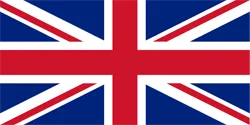 ENG
ENG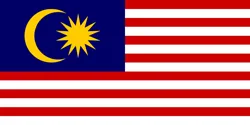 MYS
MYS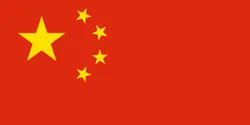 简体中文
简体中文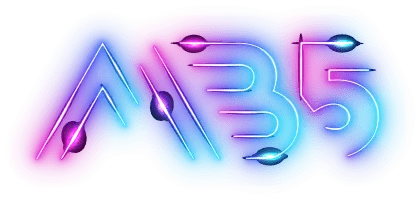




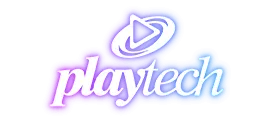
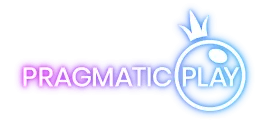









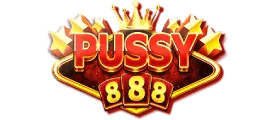
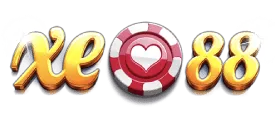
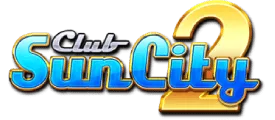
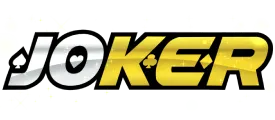
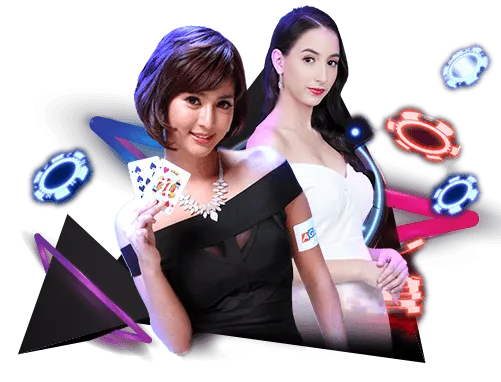
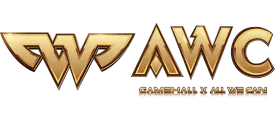
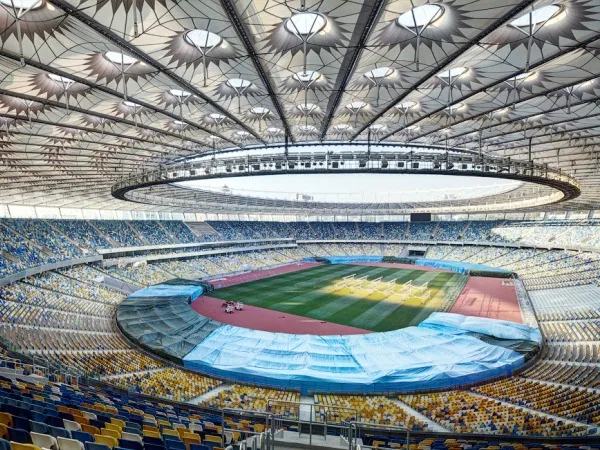
 Rezo Chohonelidze
Rezo Chohonelidze Eduardo Docampo
Eduardo Docampo UKR
UKR POL
POL SEN
SEN MAR
MAR NGA
NGA GHA
GHA BLR
BLR BRA
BRA DEN
DEN NEC Nijmegen until 30 June 2023)
NEC Nijmegen until 30 June 2023) Fehérvár until 31 December 2022)
Fehérvár until 31 December 2022) GEO
GEO BEL
BEL Doxa Katokopias until 30 June 2023)
Doxa Katokopias until 30 June 2023) VEN
VEN
 LUX
LUX Al Wehda until 30 June 2023)
Al Wehda until 30 June 2023) Mircea Lucescu
Mircea Lucescu Emil Caras
Emil Caras Ognjen Vukojević
Ognjen Vukojević Valeriy Lobanovskyi
Valeriy Lobanovskyi Yuri Semin
Yuri Semin BeÅŸiktaÅŸ
BeÅŸiktaÅŸ
 Maksim Shatskikh
Maksim Shatskikh